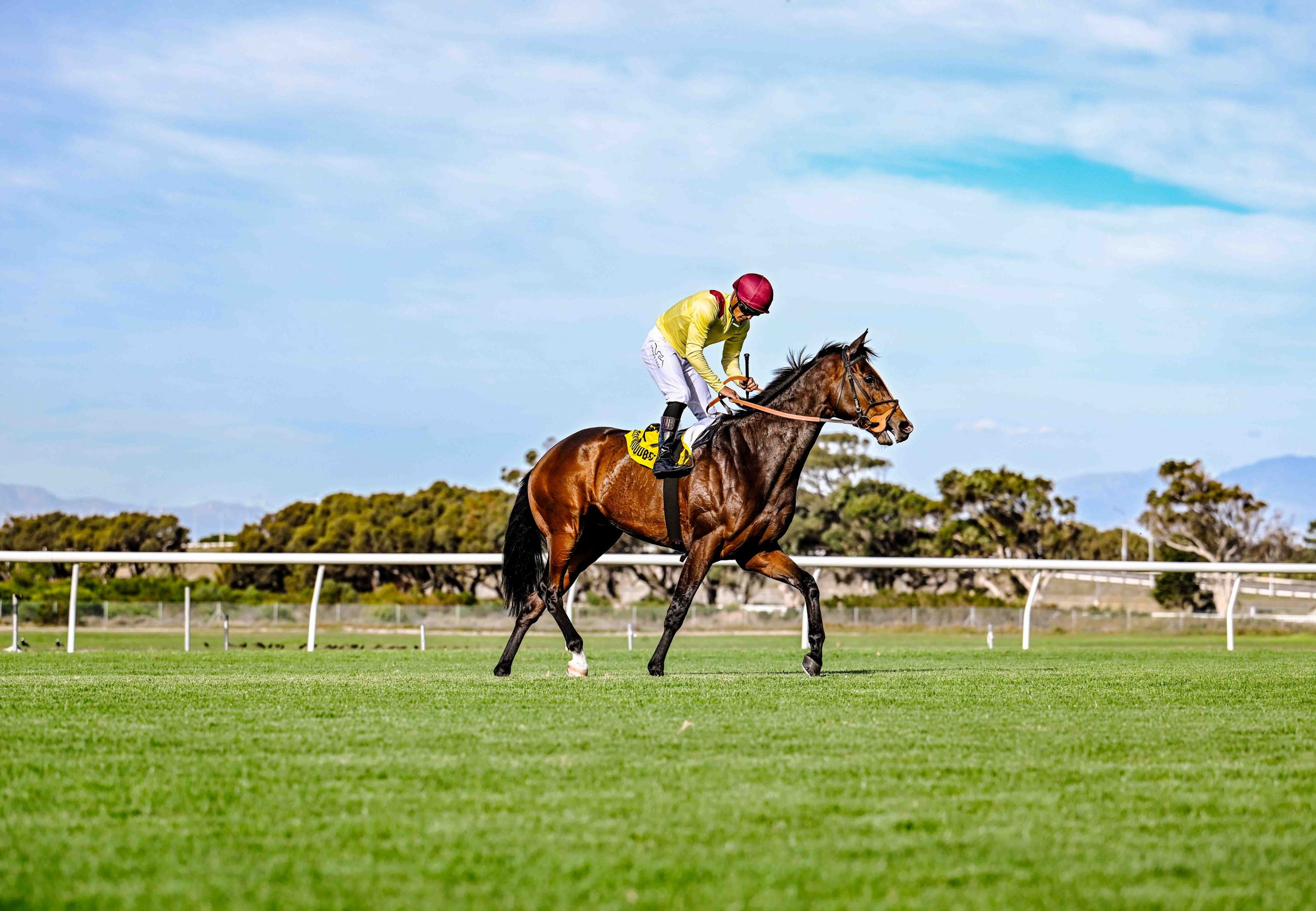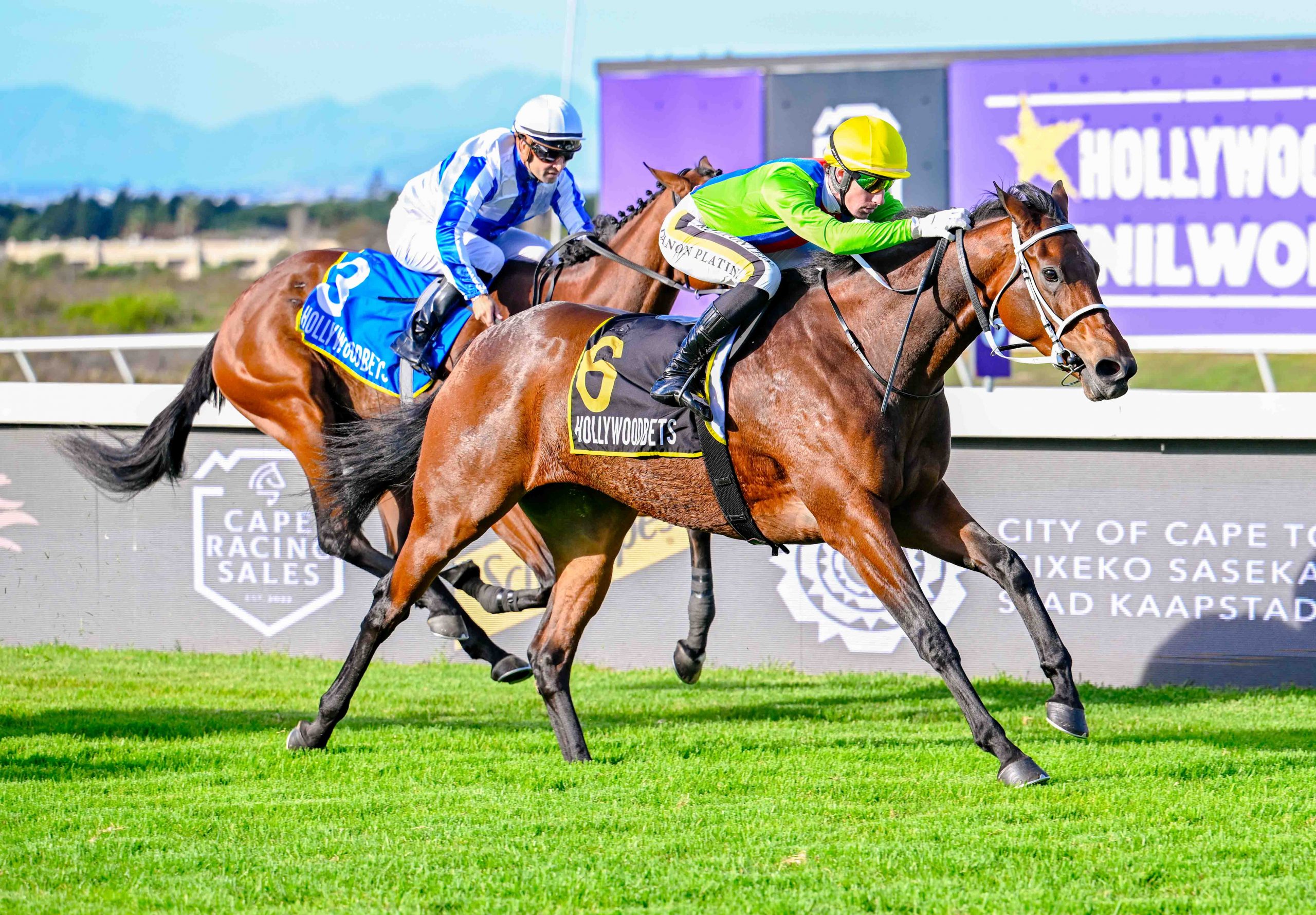Churchill Downs plotting a future with less horse racing
As the sport of kings shows signs across the nation of becoming a sport of the past, Churchill Downs Inc. is moving to protect its equine roots by moving beyond those roots.
For the first time, the Louisville company last year got more profit — 53 percent — from online wagering and casino gambling than horse racing. Churchill once owned as many as seven racetracks. It now has four, and Chief Executive Officer Bob Evans said it’s possible that number could shrink.
In a recent interview to discuss his company’s future, Evans said his goal is to build a sustainable business and, “Whether we’ve got four racetracks that’ll be part of that or three or two, I don’t know.”
Those that make the cut, he said, likely will have something beyond the routine day-in and day-out racing. The Louisville track has the Kentucky Derby and Oaks, and the company’s tracks in New Orleans and Florida have casino-style gambling. Evans calls Arlington Park in Chicago “the most exposed” of the company’s tracks.
During Evans’ tenure, Churchill has launched an online wagering business, added slots at its New Orleans and Miami-area tracks and bought its first stand-alone casino. And Evans said the company could buy more.
Sitting in a conference room near Churchill Downs’ Twin Spires — arguably racing’s most enduring image — Evans chafes at any suggestion that such moves compromise the company’s commitment to horse racing.
“I don’t think that’s the case. … I think you can do both and, in fact, in the end, I think one is going to require the other,” said Evans, himself a breeder and horse farm owner.
Diversification, he said, has allowed his company to weather the recession even as the racing industry as a whole has declined. And some of that diversification has gone to promote racing, including the $4 million in lights that allow night racing at its flagship Louisville track. Saturday’s opening night drew 38,142 fans — a record for a race card that wasn’t Oaks, Derby or Breeders’ Cup.
Annual betting on U.S. racing since 2005 has declined 21.5 percent, “so that’s where we’d be” without diversifying, he said — in that same period, Churchill’s own revenues have risen 64 percent. And in the past five years, Churchill’s stock has risen more than 9 percent. An investor who put money in a plain-vanilla Standard & Poor’s 500 index mutual fund would have seen gains of about 4 percent.
“Had we just sat there and been a racing company for the last five years” it would have been bad for Churchill and bad for racing, Evans said. “But does that mean we’re just going … willy-nilly (to) take any profit we make anywhere and just keep funneling it back into day-to-day racing? No. That’d be dumb.”
Peter Carlino, chairman of Penn National Gaming, which has full or partial ownership of about a dozen horse or dog tracks, said he views racing as a way to get into casinos, given that many states that have legalized casino gambling have agreed to allow it at racetracks.
“We’re the proud owner of many money-losing race tracks, but clearly there’s an obvious strategy with that,” Carlino said in a recent conference call with investors . “… That’s a long-term play. We have said … that operating these tracks at a loss is not in our long-term plan.”
For Churchill, racing remains at its core in part because it provides the licenses needed to operate its two racetrack casinos and run the Oaks and Derby. Racing also provides the content for its account wagering company.
But Evans expresses more hope for racing’s future than Carlino.
“I still believe, and I think collectively the organization (Churchill) believes, that there’s a future for thoroughbred racing,” he said, adding however, that survival may require fewer tracks and fewer races.
Churchill’s proceeds from Oaks and Derby are likely enough to sustain it, and represent “a big chunk” of the company’s racing earnings, Evans said, declining to be more specific.
But even Churchill could see fewer racing days eventually, Evans said. “I don’t see how, long-term, we continue to operate 50 or 60 racing dates a year without slots. We can do it for a while, use the Oaks and Derby to subsidize a bunch of it. But … it’s not going to go on forever.”
Prior to Evans’ arrival in 2006, the company’s only involvement outside pari-mutuel gambling was video poker machines in Louisiana. In that year, the company earned $44 million before taxes. Last year, its profit was a record of more than $80 million.
Churchill President and COO Bill Carstanjen said that as the company has added non-racing businesses, it also has gained expertise. “So now when we look at the landscape of opportunities for the company, we look at opportunities in racinos and casinos because that’s something that we’ve learned how to do and that we’ve proven to our shareholders we can do it pretty well,” he said.
Within a year of joining Churchill, Evans had created TwinSpires.com, which takes bets online and by phone. The company later bought competitors such as Youbet.com.
But one of biggest moves in Evans’ tenure may have been the announcement last September that Churchill was buying Harlow’s Casino Resort & Hotel in Mississippi for $138 million. The deal, which was his first at Churchill that had no ties to racing, was completed in December.
“If we got the enabling legislation at Churchill or Arlington Park, we’d be spending hundreds of millions more dollars right here,” he said. “We can’t get the legislation to let us build one here,” so the company went out and bought one.
Evans said the company looks at all opportunities, but he stopped short of saying officials are definitely seeking another casino.
For their part, leaders of the state’s two main horsemen’s groups both said they’re not concerned that Churchill is as focused on running black jack and craps games as it racing, although they anticipate cutbacks.
“I think racing will always be the focus of Churchill Downs,” said Marty Maline, executive director of the Kentucky Horsemen’s Benevolent and Protective Association, which represents owners and trainers. His concern is how much there’ll be at Churchill in future years, if the track continues to have trouble filling races, as it has in recent years competition with tracks that have slots-boosted purses.
“We hear scuttlebutt that they’ll want to cut back and, of course, horsemen will resist that,” he said.
David Switzer, executive director of the Kentucky Thoroughbred Association, said Churchill’s already made cuts like closing the Trackside training center on Poplar Level Road last winter. He said he’d like to see Churchill use revenues from its Mississippi casino to improve racing, which he said would help wagering and help Churchill’s bottom line. But he says the wish, given Churchill’s status as a public company, is “not realistic.”Asked whether Churchill’s growing focus on areas other than racing is a concern, Kenneth Ramsey, a leading Kentucky owner and breeder, expressed a broader concern for racing generally.
“They’ve got to answer to the stockholders so they’re going where the money is,” he said. “They know that the money is not in the thoroughbreds. It’s just not there.”
Like Evans, he sees a smaller racing industry down the road, suggesting that in 10 years, there may be about 10 racetracks in the country— Churchill and Keeneland Race Course among them – compared to about 90 now.
In the meantime, Evans said, Churchill plans to take risks — the “single-digit million kind of investments” like night racing — while continuing to find ways to grow the Oaks and Derby.
Evans, 58, who is slated to succeed Carl Pollard as the company’s chairman in June, said he’ll be retired in 10 years, but “what I’d like people to think about (then) is that not only is Churchill Downs the racetrack and the Kentucky Derby special to us in terms of this long history and emotional importance, but, ‘hey, they built a great company too.’”
(from www.courier-journal.com)








